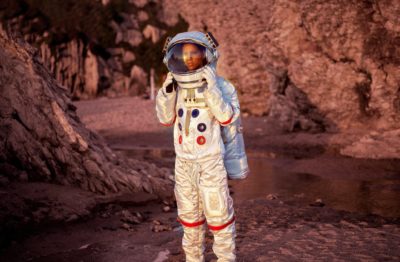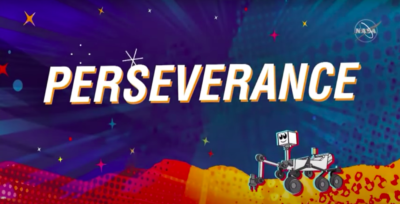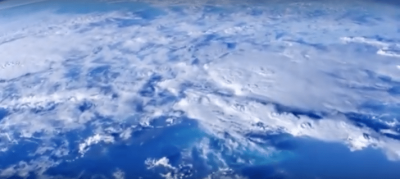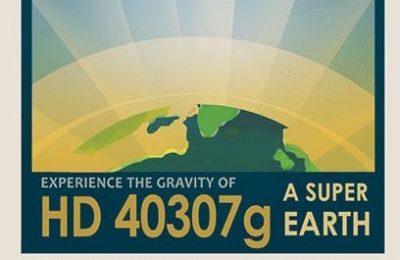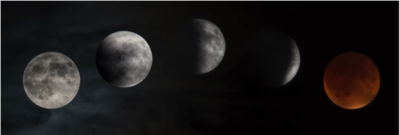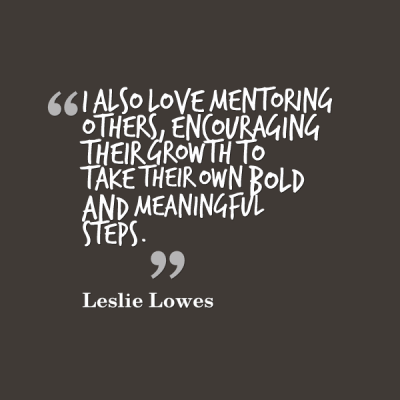Breakfast Club Blog

The BOOST Breakfast Club Blog is a curated space where bloggers from around the world contribute content on a continual basis about a variety of topics relevant to in and out-of-school time. The BOOST Breakfast Club blog is at the heart of an ongoing dialogue where expanded learning and education professionals share their personal thoughts and stories from the in and out-of-school time field. They also tell us what they ate for breakfast!
The BOOST Breakfast Club Blog is Brain Food for In and Out-of-School Time Leaders!
Interested in becoming a blogger? Email breakfastclub@boostcollaborative.org
Click here to Register for a free account or click here to Login to your existing account.
Your Summer on Mars – Afterschool Enrichment
Ah, summer! A time for exploration, inspiration, and in afterschool – enrichment. Especially after this last challenging year, kids and leaders alike are in need of refreshing, inspiring things to learn and experience. Why not spend the summer on Mars, at least virtually? With temperatures heating up around the country, thinking about Mars may help cool you down. In Martian summers, the surface temperature can occasionally be what we’d call “comfortable” here on Earth, but on the same night can ...Read More
Celebrate the Next Landing on Mars!
You’re invited to join the celebration of the landing of Mars Perseverance Rover on February 18, 2021. Participate in the “Mars Student Challenge” with hands-on STEM enrichment activities for the weeks leading up to the landing that can be done by students at home using everyday materials (such as Make a Cardboard Rover), activities that can be done as virtual demonstrations (such as Make a Moon Crater – Perseverance will be landing in Jezero Crater), and fun short videos that explain key ...Read More
Perseverance Pays – At Home and in Space
In these times, there are many lessons to be learned, for which afterschool helps kids both prepare and develop skills. One of them is perseverance – being steadfast in doing something despite difficulty or delay, or using grit to keep on going and recover in the face of trouble, great and small. Can you think of a time that you and/or your students have needed this skill or if you know someone who did? It also means keeping your eyes on your goal and vision, on what is important to you. Can you...Read More
A Step Beyond –Youth Team Up And Advance Their Curiosity for Space
Kids are naturally curious, wondering about everything around them, and growing in their journey of figuring out life. Each youth comes into an afterschool program with a unique background and experience – and that is reflected in their own story, perspective, and skills. In afterschool, kids can have experiences where they are guided to deepen their curiosity, develop open communication, make careful and thoughtful observations of the world around them, and learn to work with others as a team. ...Read More
Build Your Kids’ “Moonshot-ability”!
Creative thinking. Bold imagination. Tenacity. Rising to a challenge. Innovation. Know-how. Skills we work on building in kids in afterschool, right? It’s also what it took to put together an amazing feat that made history, when on July 20, 1969, humans first landed and set foot on the surface of the Moon. President John F. Kennedy announced to the world NASA’s “Moonshot” challenge in May of 1961. NASA answered the challenge with a series of missions to the Moon, each making more progress toward...Read More
Super Moon 2019!
“Go further than you planned. Ask for the moon: you will be surprised how often you get it.” These words of Paulo Coelho are certainly what we want our kids to hear and feel – to reach beyond and become the best person they can be. And we want to be there to help give them opportunities to reach their full potential. The Moon serves as a source of inspiration – influencing aspiring poets, writers, musicians, artists, scientists, explorers, traditional knowledge-keepers in cultures such as Native...Read More
Join In The 2018 Summer Of Mars!
Need a unique theme for summer camp or afterschool programs this year? 2018 is the summer of Mars! In May, NASA’s InSight Mission launches from Southern California to Mars to study marsquakes! During InSight’s trip to a post-Thanksgiving landing, Earth and Mars are on the same side of the Sun, so Mars appears a bit bigger and brighter for the evenings this summer. Engage your youth with NASA and related activities about observing Mars, rocket launches, and marsquakes. Enhance summer learning opp...Read More
A Jewel of a Project: Cassini Mission at Saturn
In the blackness of space, a “jewel” shines in the distant Sun, encircling it once every 29 ½ years. The planet Saturn’s brilliant rings dazzle casual observers and serious scientists alike, reflecting the Sun’s light as though it was a gem. But now, Saturn has a gift from Earth. After 13 years and 293 orbits around Saturn, on September 15, 2017, the Cassini-Huygens spacecraft dove into the planet’s atmosphere, losing all contact. The robotic spacecraft left Earth in 1997, bound for the ringed ...Read More
Youth Watch – Observing the Earth for NASA Scientists
Observing. Critical Thinking. Accurate Recording. Reflection. These are much needed skills for living in the complexities of today’s world. Developing these skills helps round out youths’ abilities to navigate in and contribute to a better world, whether as a concerned person or a student looking towards a future career in science or technology. You can support your students to have fun, learn the habits of mind of scientists, and gain some real skills observing and contributing data...Read More
Out-of-School, Out-of-the-Box, and Out of This World!
The act of imagining other places, other worlds, is the stuff of explorers, adventurers, science fiction writers – and KIDS! Imagination is something that kids have naturally, and out-of-the-box thinking is a valued creative 21st century skill. Encouraging the kids in your out-of-school program to imagine other worlds, places beyond Earth, can help grow this skill. Couple it with some thought experiments to engage with science – what if earth was closer to our sun, or further away? What if our s...Read More
Blood Moon, Red Planet – Spooky Stuff?
In this season where longer nights outlast the daytime hours, many celebrations and legends abound. Most notably in our culture, Halloween and the Day of the Dead both reference passings, remembrances, and other worldliness. We honor and give symbolism to things that are unknown and powerful, perhaps unexplainable and mysterious, and sometimes dangerous. This can make things feel spooky and scary. This September’s “super blood moon” – a total lunar eclipse during a time when ou...Read More
My Why: Dare Mighty Things
In the afterschool world, program leaders and staff nurture the whole child, providing them a safe space to learn, grow, and connect to others. In the afterschool space, we see many kids making daily acts of bravery – some extending themselves simply by showing up, participating, or trying something new. Through youth development, kids are encouraged to dare greatly to be themselves, come into themselves, and develop their passions. In the world of space exploration, we also “dare mighty t...Read More
